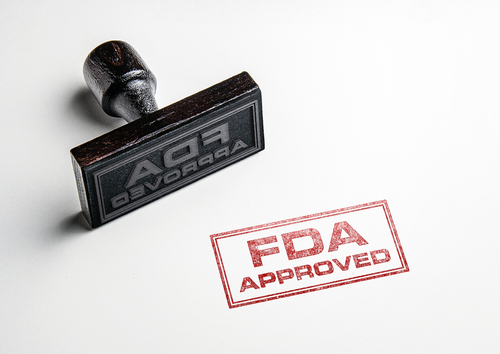
Rheumatoid arthritis (RA) patients who still have active disease despite treatment with disease-modifying antirheumatic drugs (DMARDs) and at least one corticosteroid may benefit from a repository corticotropin injection (RCI), according to recent research.
The findings of the study, “A Multicentre Study Assessing the Efficacy and Safety of Repository Corticotropin Injection in Patients With Persistently Active Rheumatoid Arthritis,” were presented in a poster presentation at the European Congress of Rheumatology 2019 (EULAR) that took place June 12-15 in Madrid.
The multi-center study consisted of two parts: a 12-week open-label RCI treatment period, followed by a 12-week double-blind, placebo-controlled, randomized withdrawal period for the patients who achieved low disease activity (LDA) in part one.
The study included patients aged ≥ 18 years who met the 2010 American College of Rheumatology/EULAR classification for RA and had persistent RA (defined as disease activity score with a 28 joint count and erythrocyte sedimentation rate [DAS28-ER] > 3.2 despite prior treatment with at least one DMARD and at least one corticosteroid).
The open-label period included 259 patients (mean age, 51 years; 89% were female). Mean DAS28-ESR at baseline was 6.3, and mean ESR was 43.6. After 12 weeks, mean DAS28-ESR and ESR were 3.6 and 24, respectively, and 63% of patients achieved LDA.
When the open-label period came to an end, the patients who achieved LDA during part one were stratified into two groups: RCI (n = 77) or placebo (n = 76). The RCI and placebo groups had a similar mean age (50.1 years and 50.9 years, respectively), DAS28-ESR (both 6.2), and ESR (40.3 and 42, respectively). Six RCI patients withdrew due to adverse event (n = 1), meeting withdrawal criteria (n = 1), or worsening of disease activity (n = 4). In the placebo group, 21 patients withdrew due to meeting withdrawal criteria (n = 2), being lost to follow-up (n = 3), withdrawing by subject (n = 2), worsening of disease activity (n = 10), or another reason (n = 4). This left 71 RCI patients and 56 placebo patients who completed the second part of the trial.
At the conclusion of the double-blind period, the rate of cumulative disease activity flare in the RCI group (17.05%) was about half that of the placebo group (29.73%; P = 0.049), and significantly more RCI patients achieved LDA compared to placebo (86% vs. 66%).
Results Promising Even for Short-term RCI Use
Dhiman Basu, MBBS, MD, FACR, a Texas-based rheumatologist who is affiliated with Medical City North Hills, said that the study’s findings are promising in part due to the response of patients who took the drug initially and then switched to placebo.
“Even those folks who got the drug for the first 12 weeks but the next 12 weeks they got the placebo, they still have a different response,” Dr. Basu, who was not involved in the study, said in an interview. “So if there’s an opportunity that you use the drug for the first 12 weeks but then you have to stop the drug for whatever reason, you’ll still be able to achieve a different response. Of course, not as good as when you are getting the drugs for the whole exact 24 weeks.”
The findings did not come as a shock to Dr. Basu “because of the nature of the drug,” he added. In Dr. Basu’s experience, RA patients who struggle to achieve adequate disease control through the current existing therapies respond well to RCI.
Going forward, Dr. Basu said, “A good next step would be if we can use the drug for a little longer period of time, [and if] we can be able to successfully take people off of steroids completely.”







 © 2025 Mashup Media, LLC, a Formedics Property. All Rights Reserved.
© 2025 Mashup Media, LLC, a Formedics Property. All Rights Reserved.